آموزش زبان فایل صوتی همراه با متن دین زرتشت
قدیمی ترین مذهب جهان!
The World’s Oldest Religeon
The Faravahar ( above ) is still an important symbol in Iran, often worn as a pendant symbolising purity and truth – it was originally a symbol of Zoroastrianism.
Zoroastrianism is one of the world’s oldest religions still in practice and MAY be the oldest but we can’t be sure.
A story from Herodotus dedicated to Alexander in Australia
And adapted by Bertie for Storynory.
(Alexander with his cat!)
Hello this is Bertie, and I am here with some more ancient history from Herodotus.
Herodotus was always fascinated by the customs of the people he came across, especially when they were very different from Greek ways and beliefs.
For instance he tells us that if your saw two Persians meet and they kissed each other on the lips, that meant they were of equal rank. If one of them was slightly less important than the other, they kissed on the cheek. And if – say a lord and a peasant met – then the peasant would threw himself on the ground before the Lord’s feet. By contrast, no free born Greek would willingly grovel before another mortal.
Herodotus had learned about Persian customs through his own eyes because he grew up in Halicarnassus, which is now the Turkish port of Bodrum. When he lived there, it was a Greek city under Persian control. He also travelled across the Persian empire, observing, and learning everything he could.
He tells us that Persians loved birthdays and celebrated them in style. They were also very fond of wine. As for food, they liked to eat lots of small dishes and spread the feasting over a long party, and they thought it odd that the Greeks tended to eat one big dish.
The Persians, he points out, considered themselves to be the greatest people on earth.Their neighbours, the Medes, were almost their equals, and the further away you travelled from the centre of Persia, the less worthy the people became, in their eyes.This would have come as news to the Greeks who probably thought that they were the greatest people on earth. Herodotus seems to be teasing his readers, hinting that we all tend to think that we are the greatest, and we can’t all be right!
He was also very interested in the religion of the Persians. When you come across people with different beliefs, it can make you question your own, because you might think, “can all these religions be true?” You can try and translate different religions if you like. For instance you might say that the Egyptians call the sun god, Ra, and the Greeks call him Apollo, and he is really the same god by a different name. But the Persians presented a much trickier problem. Their religion was nothing like Greek beliefs, because the Persians did not represent their gods as looking like people or animals, nor did they have temples or alters. In fact, they did not have any statues or images of their gods at all.
Another Greek historian, Xenophon, tells us that the Persian leader, Cyrus the Great, began each day by singing hymns – but hymns to who or what? Well we know that Greek and Roman writers usually associated the Persians and their priests, the Magi, with a religion called, Zoroastrianism.
And personally I find this ancient and little known religion most intriguing.
Zoroastrianism is one of the world’s oldest religions. These days it is also one of the smallest. There are only around 20,000 Zoroastrians practicing now, mostly in India and Iran. There is also a small Zoroastrian community in California.
I should mention one famous Zoroastrian whom you might have heard of. Freddie Mercury, the singer of Queen, grew up on the east African island of Zanzibar. His family came from India, and were Parsi, ultimately descended from Persians. They were Zoroastrians.
Their prophet, Zarathustra, lived around 1,500 years before the birth of Christ, in the area that is now now Iran. He preached that Ahura Mazda is the supreme being, the god of light, progress and truth, and that his enemy is Angra Mainyu, who is something like the devil, a spirit of darkness and lies. I think you can hear our word anger in the bad guy’s name, Angra Mainyu, and yes, you might have heard of the the Japanese car maker, Mazda, and that’s named after the ancient god of the Persians, Ahura Mazda.
Herodotus tells us that Persians considered lying to be one of the greatest possible sins a person could commit. In fact, Zoroastrianism calls on humans to be champions of the truth, and to fight the forces of lies and deceit.
Zoroastrians see the world as being made up of opposites, not just good and evil, but truth and lies, life and death, light and dark, hot and cold, and so forth. The Greek philosophers often thought about the world this way too. The most important symbol of Zoroastrian belief is fire, which represents truth and light. An eternal flame always burns in believers’ homes.
We humans, they say, have a guiding spirit, a conscience, and the freedom to choose between good and evil. After we die, we will be judged, and we will go either to the good place, or the bad place. In fact the word “paradise” comes from an ancient Persian word that describes a walled garden. And the Persians loved their gardens, by the way.
At the end of days, the Zoroastrians believe that there will be an almighty battle between the forces of good and evil, and good will triumph.
Zoroastrianism has its own myths and stories. In one, a man called Yama is the leader of humankind. Ahura Mazdā tells him that a terrible winter is coming and orders him to build a gigantic three-story barn to keep all the animals and plants safe from the great freeze. Some people have compared Yama to Noah from the Bible.
So, these are some of the beliefs of the Zoroastrians. You can see how they might have influenced other religions, including Christianity, which came later.
And Zoroastrian ideas influenced the early Greek philosophers, including Heraclitus and Pythagoras, who lived in eastern lands, and came into contact with the Persians.
And Zoroastrians even turn up in the Bible. Three Magi or wise men follow a star from the East to arrive at the birth of Christ. They were zoroastrians. The Magi claimed to be experts in predicting the future, especially from the planets and stars. Our word “magic” is derived from Magi. And horoscopes which claim to predict the future are a tradition going back to ancient Persia.
Zoroastrianism remained the main religion of Persia until It was conquered by the followers of Islam around the year 650 in our era. Since then, It has been in steady decline, and it may one day vanish all together. But Zoroastrian ideas live on in our own society, and have come down to us partly through the Greek philosophers, and other religions that began in the Middle East. So you might be just a little more Zoroastrian than you realised.
And I am delighted to dedicate this story to Alexander Hall from Canberra in Australia. I heard that Astropup used to be his favourite, but now he’s really hooked on the histories. I’ve also noticed how many of Patreon supporters come from Australia and New Zealand. I think we are going to need a big crowd of supporters on Patreon to help us survive into the future, and it’s just fine if you give us $1 per month as a pledge because that’s what crowdfunding is all about. It’s about lots of people coming together to help their favourite productions.


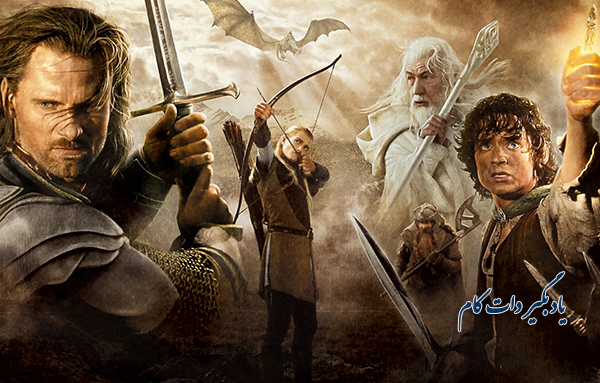
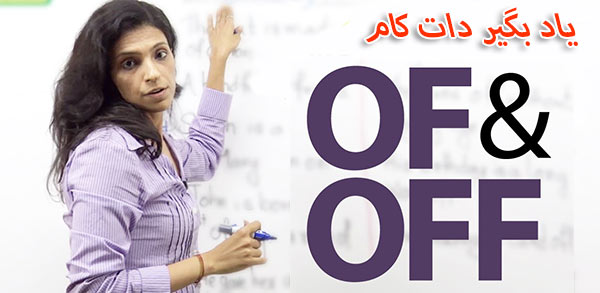

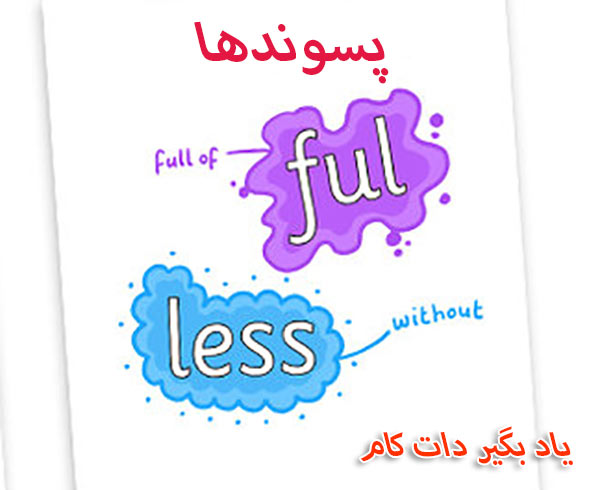
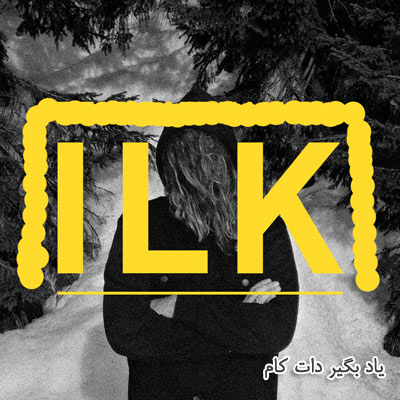
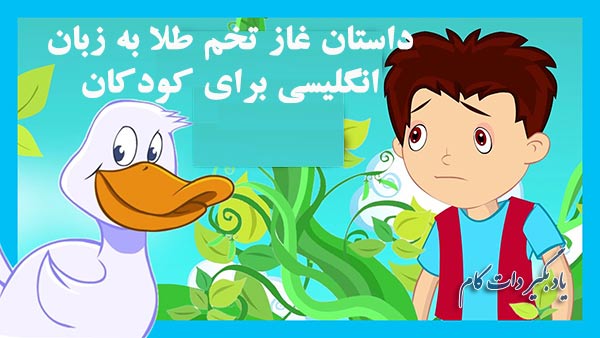

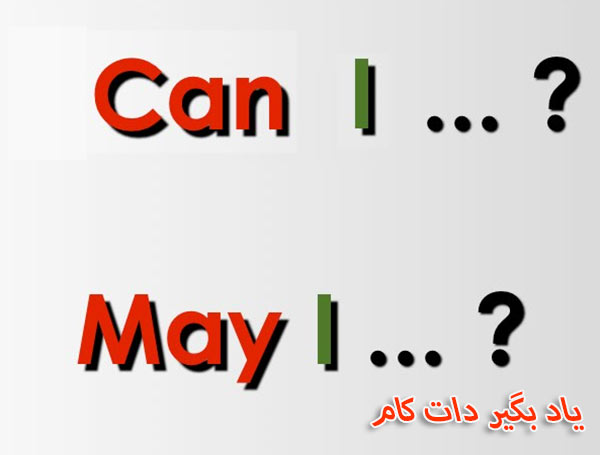




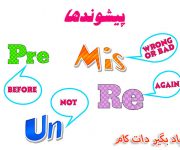


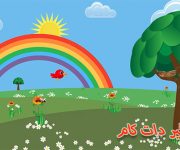






نظر شما چیست؟
پرسش های خود را در بخش پرسش و پاسخ مطرح کنید